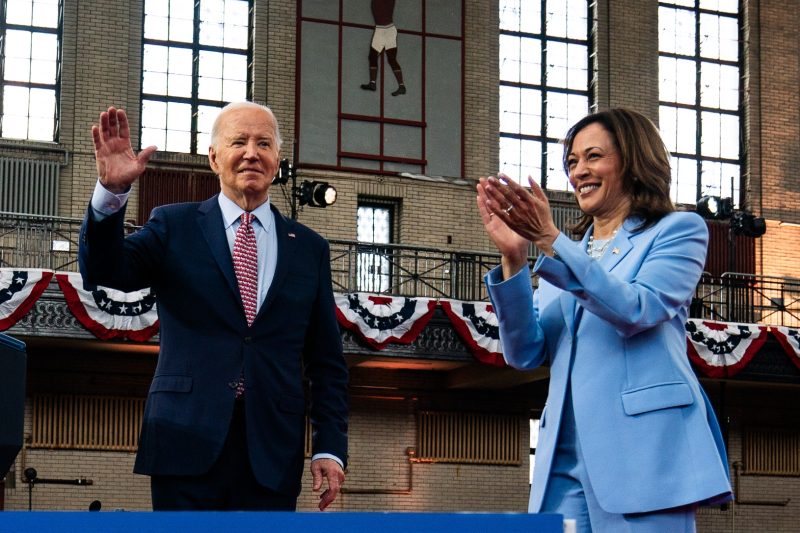In a recent national poll conducted by a leading research firm, surprising results have emerged that challenge the initial post-debate conventional wisdom. The poll, which sampled a diverse cross-section of Americans from different demographics and regions, revealed insights that have turned the political landscape on its head.
One of the key findings of the poll is the shifting attitudes towards healthcare among voters. Contrary to the prevailing narrative that healthcare is the top priority for most Americans, the poll indicated that economic issues such as job security and wage growth are now at the forefront of voters’ minds. This shift in priorities could have significant implications for the upcoming elections, as candidates may need to recalibrate their messaging to resonate with voters’ concerns.
Another interesting revelation from the poll is the surprising level of support for a more restrained foreign policy. Despite the recent geopolitical tensions and conflicts around the world, a significant portion of the electorate expressed a preference for a more cautious and diplomatic approach to foreign affairs. This sentiment reflects a growing weariness among voters with the seemingly endless cycle of military interventions and conflicts.
Furthermore, the poll highlighted a growing consensus among Americans on the need for bipartisan cooperation in tackling pressing issues such as climate change and infrastructure. Both Democrats and Republicans surveyed expressed a desire for politicians to set aside partisan differences and work together in the best interest of the country. This call for unity and collaboration could signal a potential shift in the political landscape towards more centrist policies that appeal to a broader spectrum of the electorate.
Overall, the results of the national poll have upended conventional wisdom and provided fresh insights into the priorities and preferences of American voters. As the political landscape continues to evolve, candidates and policymakers would do well to take heed of these findings and adapt their strategies accordingly to better connect with the electorate.

